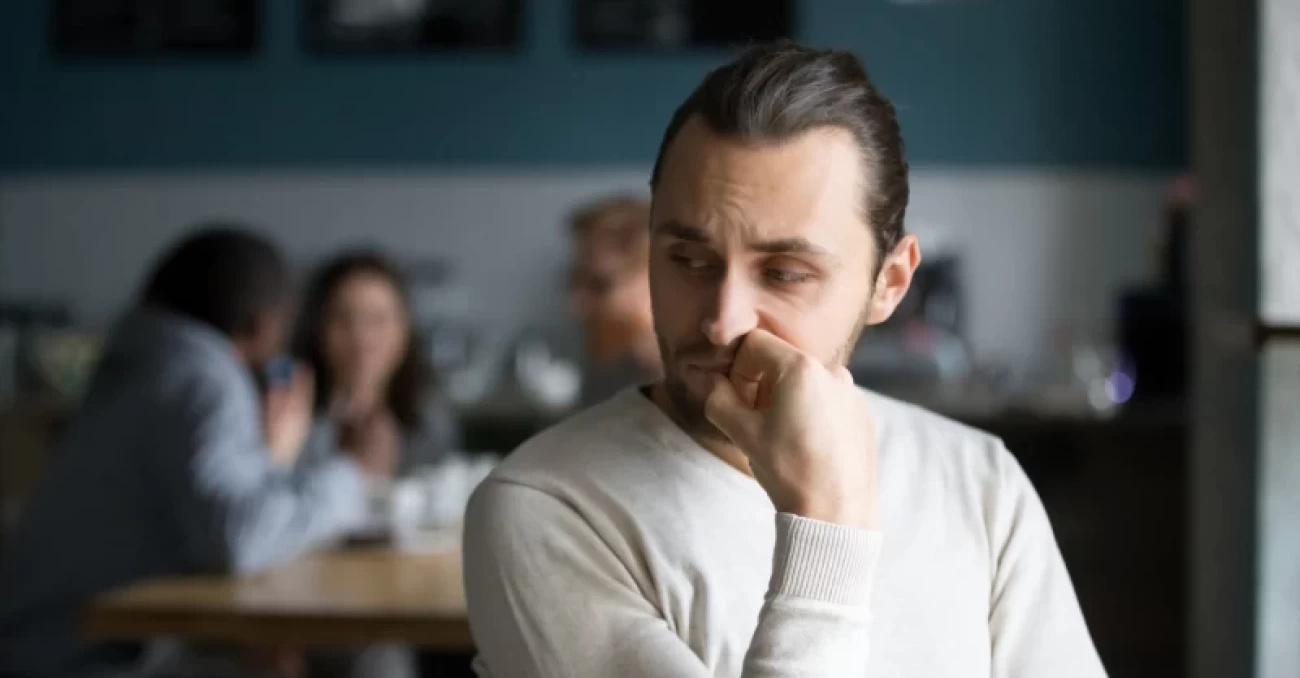Browse by category

Anxiety problems: When we fall to believing our patients are too fragile
Dealing with anxiety problems effectively necessitates successful exposure. A common hurdle to successful exposure is anxiety itself; the patient, and often also the therapist, may start to believe that the patient is too fragile or anxious to do the necessary exposure work for recovery. We call this kind of resistance Process Resistance. Process resistance is the resistance that we have to doing the work necessary to achieve a desired change.
Different problems have typical and different kinds of process resistance. TEAM-CBT offers powerful tools to melt them away. When a patient is asking for help with an anxiety problem, a TEAM-CBT Therapist will immediately start thinking about the process resistance they are likely to encounter. Let’s take the case of a common form of anxiety – Social Anxiety Disorder. To overcome shyness or social anxiety disorder, at least part of the treatment will have to be exposure work.
Let’s say we’re working with John, a 27 year old software engineer who comes to therapy suffering from loneliness, low self esteem and great discomfort in social situations, especially those involving women counterparts. Whenever John forces himself to go to a dreaded get-together and start conversations with women, he ends up feeling intensely uncomfortable and self conscious, his voice cracks, he starts sweating profusely and he cannot find the right words to say. The interaction then ends with an awkward silence and intense feelings of shame and embarrassment, which he painfully continues to feel as he rehashes the encounter in his mind for days to come. John comes to therapy saying “I really need to get over this anxiety but I can’t do exposure work, it’s just too painful for me”. How would you respond to that? Take a moment to think about it.
Taking the TEAM-CBT approach into consideration, we identify this as process resistance. We know we’ll have to paradoxically align with it, in order to help John melt it away. We also know that social anxiety is a highly curable condition, but only if exposures are part of the treatment. We therefore will have to resist the urge to reassure John that exposure work won’t be necessary or that it won’t be difficult. We want to be able to convey the message that confronting his fears will indeed be very hard and it’s the only way to achieve cure. What we also convey is that John doesn’t have to choose to do it and we respect him just the same if he doesn’t. In fact, given how difficult exposure work will be, we will need to be convinced by him to do it.
For example, one way a TEAM-CBT therapist may respond is this:
“John, you experience so much pain and discomfort during and after you attempt to overcome your shyness, it makes perfect sense you wouldn’t want to experience that anymore. I wouldn’t want these experiences for you either! It may be that exposure work is just too much for you to do and that it’s not worth doing it. It may be that continuing as is with your anxiety and shyness is better than experiencing the pains of rejection and exposure necessary to cure it.”
We sit with open hands to either option and view them as equally sensible. At this point If John answers that he doesn’t feel ready to do the necessary work, we can ask him if he perhaps wants help with something else, maybe he wants help with his low self esteem or lonely feelings, or maybe he prefers for us to listen more as he shares with us what he is going through while we continue to provide him with warmth and support. This again will leave the ball in his hands. If he wants change in his life, it will put him in the position of needing to fight for it rather than resisting it. On the other hand, as we sit with open hands John may say he is ready to do the work necessary for recovery. We can then offer to role up our sleeves and move towards using our many methods to do so.